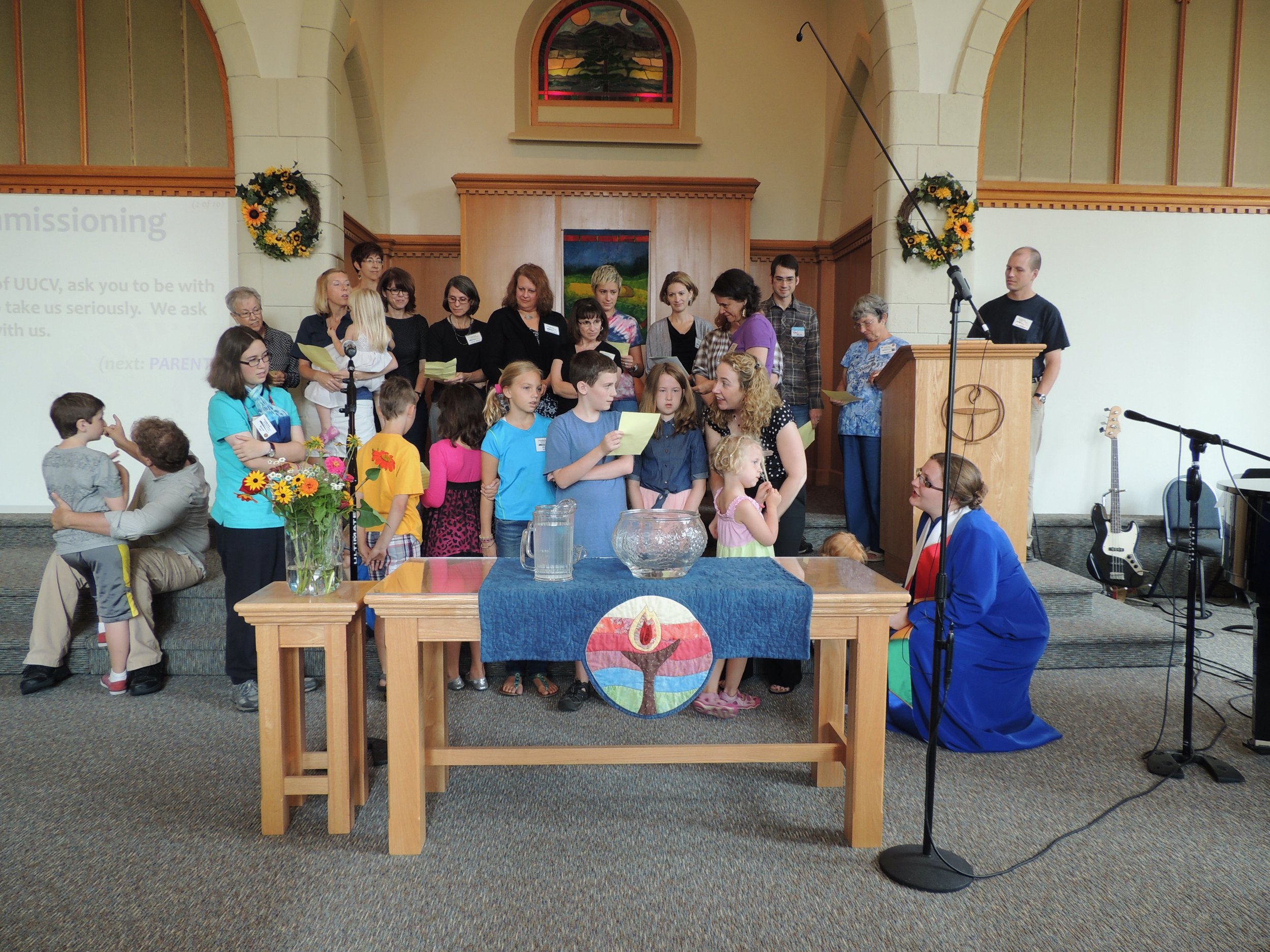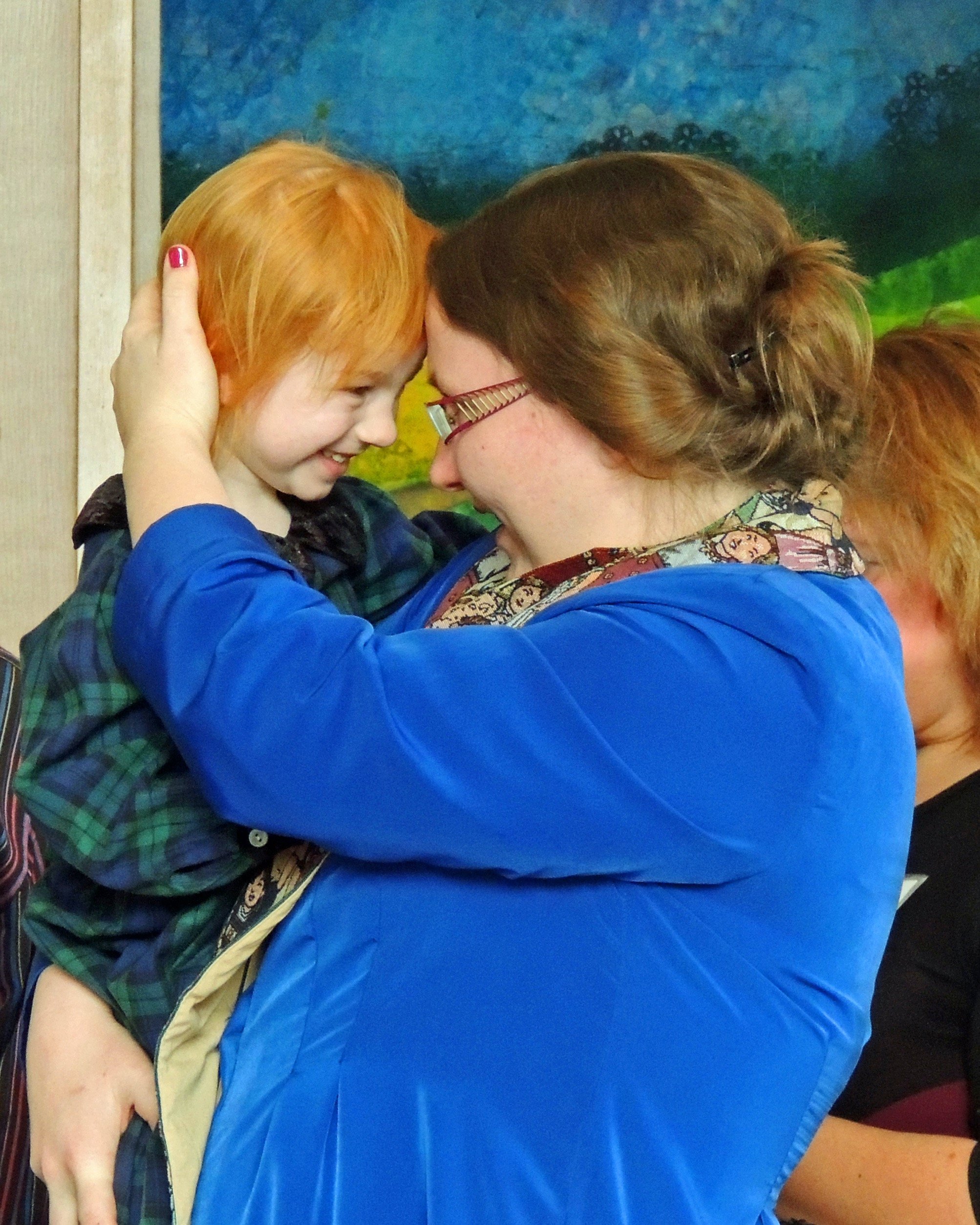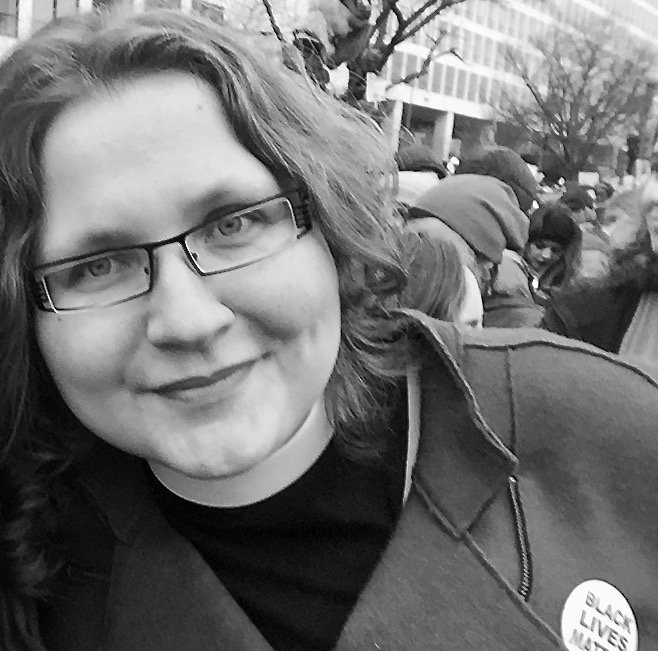
Worship-Justice-Religious Education-Pastoral Care
From our first moment to our last, we are all desperate to be seen.
Scroll ↓
I have never felt more connected to other people than I do during powerful worship. There is an old Universalist prayer that says “There is a love holding us, There is a Love holding all we love. There is a Love holding all. We rest in this Love.” When we sing together, pray together, or even just listen to each other shift in our seats during the time for meditation, we are making that love manifest.
Worship needs to be interesting - not just theoretically interesting, but about a topic that is relevant to people’s actual lives. It should be actively engaging - fun, thoughtful, sometimes hard to hear. No one should be tempted to drift off during the sermon. Sermons should be something that the congregation feels like they are participating in. They should want to holler back at the minister. The occasional “Amen” should not feel out of place.
All of this is important and true and not enough. Because, in addition to the people who have come with their usual mix of joy and sorrow, worries and excitement, there are the people who come to us desperate. Perhaps they are grieving, or ashamed, or unmoored. They come to us in need, perhaps in need of something they aren’t sure exists. A place to offer hope, to let them feel, if only for a moment, less alone. Our services must un-ironically call to those people as well. We must engage their minds and offer their hearts solace, catch people’s attention and offer them a soft place to rest. It is a very complicated dance.
The charge to the minister at one of my mentees’ ordination.
There is nothing we do as a religious community that is more important than cultivating the spirits of our children. Our faith invites children to explore, to stay true to themselves, to care for each other and the planet, and to know, deep in their bones, that they are holy miracles. These are the kind of people we need in the world, and the kind of people who will carry our faith into the future.
Knowing that we are a community that nurtures our children also tells us something vital about ourselves. When we witness our kids in the service, when we participate in multi-generational worship, our sense of ourselves as a community is expanded. We are reminded of the vibrancy and possibility of different ways of worshiping. When we sing our children into their classrooms, knowing they are going to explore their newly budding faith, we are invited to re-explore our own.
A vibrant RE program isn’t made by magic (except, of course, for the obvious ways that it is); it is made by committing time and money and attention. Sometimes you have to commit all of these things before there are any kids to commit them to, which is a hard sell for churches that struggle with having enough resources. But without them, no growth is possible.
This little one leapt into my arms during her dedication ceremony.
In our churches, we invite people to explore what they believe and what those beliefs call them to do. While individuals are grappling with these questions, the church is as well: What do we, collectively, believe? And what do these beliefs call us to do?
It is very easy to get stuck in the first question. We are seekers! We believe ardently in the power of ideas and exploration. We want to know more about things! I love these qualities of our faith. But they can be paralyzing. We can convince ourselves that if we read one more book, or have one more conversation, draft one more mission statement, that we will achieve the beloved community we so long for. Our desire to understand can keep us from action. So, what work is our theology calling our church to do? I believe that it is the work of the minister to help the church discern what its work is, to facilitate the planning for that work, and then to communicate the work and the ways for people to integrate the work into their own lives. The trick is to make sure we don’t get stuck on step one!
At the women’s March in DC, 2017.
Different churches have different cultures around the practice of pastoral care. I have been part of communities in which the minister was alerted immediately of any potential need, where the congregation had systems in place to make sure that everyone had multiple visitors and cards and meal trains and companionship. And I have been a part of congregations in which getting people to admit that they might have a need was like pulling teeth, or where the minister found out that people had been hospitalized with a major life event only after they had already been discharged. These are the extremes, but in my experience, UU churches tend toward the latter, not the former.
So, you show up where people are. That might be in a hospital or during an official counseling session. But it is more likely to be a few minutes snatched during coffee hour or after a committee meeting. When I start at a new congregation, I try to get as much time as possible with both individuals and small groups.
The most important hour of my week is not the worship service, but the hour before. I stand by the entrance and greet everyone who comes in. I had trusted and trained lay leaders standing with me, making the same assessment and offering the same welcome. When you came to our church, I wanted to make sure you felt seen and cared about.
This “informal” pastoral care ended up being a much larger part of my ministry than official counseling sessions and hospital visits could.
A member of my congregation and I shared a moment during a worship service.



